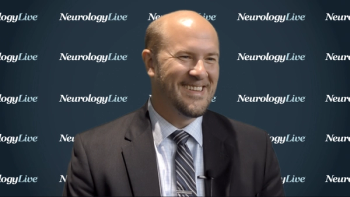
The medical director of the Deep Brain Stimulation Program at Cleveland Clinic discussed how the medical field is beginning to explore the full range of focused ultrasound’s capabilities to aid treatment in Parkinson disease.

The medical director of the Deep Brain Stimulation Program at Cleveland Clinic discussed how the medical field is beginning to explore the full range of focused ultrasound’s capabilities to aid treatment in Parkinson disease.
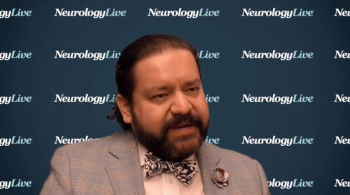
The chief of cerebrovascular disease at Jefferson University Hospitals detailed the importance and growth of mobile stroke units.
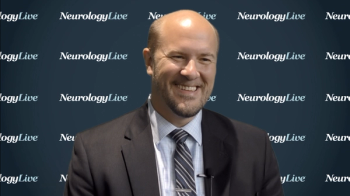
The medical director of the Deep Brain Stimulation Program at Cleveland Clinic spoke to the need for physicians to inform patients with movement disorders of DBS and the options that they may have for treatment.
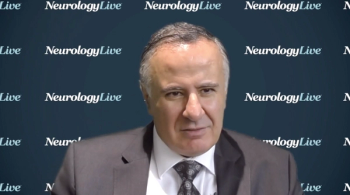
The director of the Epilepsy Center at Cleveland Clinic explained why epilepsy surgery should be recommended and incorporated more.
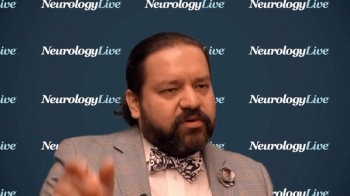
The chief of cerebrovascular disease at Jefferson University Hospitals explains why teaching stroke protocol and using telemedicine can help close the gaps in stroke care.

The medical director of the Deep Brain Stimulation Program at Cleveland Clinic shared his perspective on deep brain stimulation and its impact on the treatment landscape.
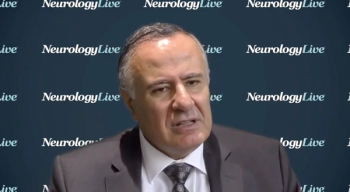
The director of the Epilepsy Center and vice chair of Neurological Institute for Strategy and Development at Cleveland Clinic detailed how researchers are working to utilize a biomarker to enhance epilepsy surgery.
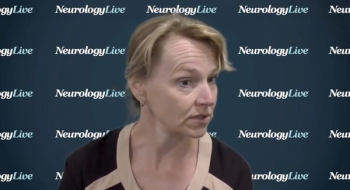
The associate professor at Leiden University Medical Center detailed how palliative care can be used more effectively in patients with dementia.
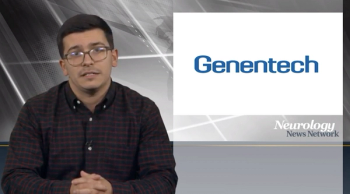
Neurology News Network for the week ending November 9, 2019.

The medical director of the Deep Brain Stimulation Program at Cleveland Clinic shared his insight into the current state of affairs in the Parkinson disease treatment paradigm.
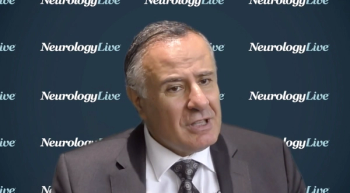
The director of the Epilepsy Center and vice chair of the Neurological Institute for Strategy and Development at Cleveland Clinic relayed his excitement for a new advanced imaging tool that could change how epilepsy specialists diagnose and treat the disease.
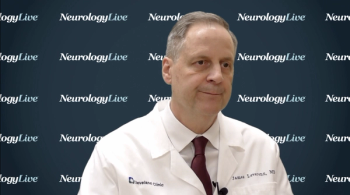
The director of the Cleveland Lou Ruvo Center for Brain Health at Cleveland Clinic offered insight into the challenges that have plagued physicians in identifying biomarkers for Lewy body dementia.
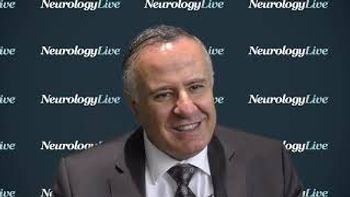
The director of the Epilepsy Center at Cleveland Clinic spoke about the challenges faced when identifying focal cortical dysplasia.
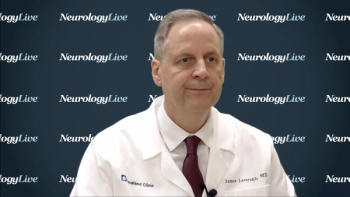
The director of the Cleveland Lou Ruvo Center for Brain Health at Cleveland Clinic discussed the available options for Parkinson dementia and how they compare in Alzheimer, as well as the ongoing development in Alzheimer.
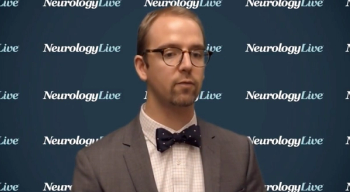
The neurologist at Thomas Jefferson University Hospitals discussed the pros and cons of supplemental drugs used to reduce off time in patients with Parkinson disease.

The director of the Cleveland Lou Ruvo Center for Brain Health at Cleveland Clinic discussed the ground that has been made in treating dementia, and how nuance in diagnosis can provide a possible leg up for physicians.
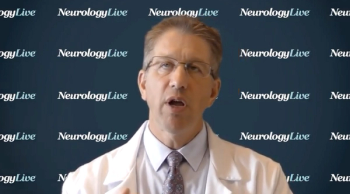
The neurologist at Cleveland Clinic outlines the need to better understand the biology of progressive MS in order to make substantial headway in its treatment.
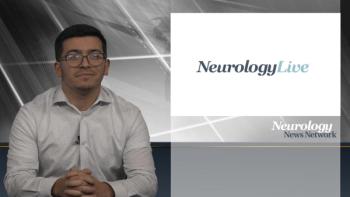
Neurology News Network for the week ending October 28, 2019.

The director of the Cleveland Lou Ruvo Center for Brain Health at Cleveland Clinic discussed the diagnostic differences between Lewy body dementia, Alzheimer disease, and other dementias, as well as the importance of proper identification.
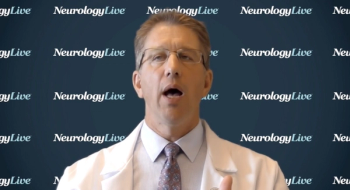
The neurologist at Cleveland Clinic discusses the clinical considerations included in the decision to stop treatment of MS in patients with progressive disease.
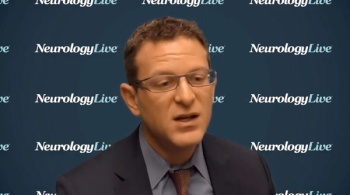
The breakthrough study is a concrete example of the opportunities that precision medicine present in the pursuit to prevent the onset of or worsening of diseases like Alzheimer dementia.
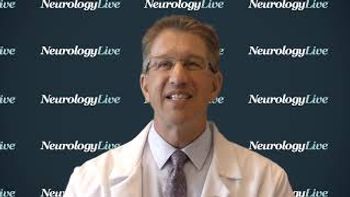
The staff neurologist at Cleveland Clinic addressed several questions regarding choosing an optimal therapy for patients with MS.
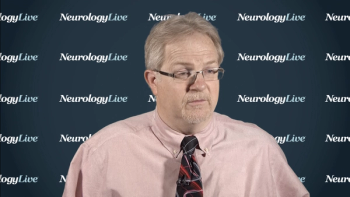
The director of the Center for Spinal Cord Injury Research and co-director of the Spinal Cord Injury Model System Center at Kessler Foundation discussed the secondary medical complications of spinal cord injury and how he and colleagues seek to alleviate them.
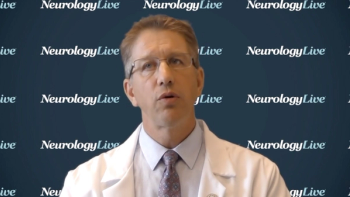
Robert Fox, MD, reviews the current treatment landscape for progressive multiple sclerosis, and why a focus on inflammation may not be sufficient to slow disease progression.

Robert Fox, MD, discussed the pursuit to identify new imaging biomarkers in an effort to better understand the disease course in progressive multiple sclerosis.
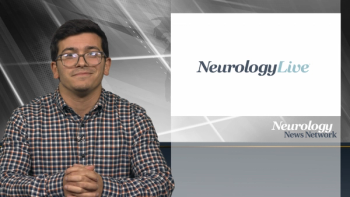
Neurology News Network for the week ending October 26, 2019.

The director of the Cleveland Lou Ruvo Center for Brain Health at Cleveland Clinic laid out these challenges that he and his colleagues face in differentiating patients with Lewy body dementia from other dementia pathologies.
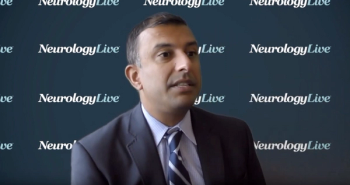
The associate professor of clinical pediatrics and neurology at Ohio State University and section chief of pediatric neurology at Nationwide Children’s Hospital stresses the importance of broadcasting correct information to the public concerning epilepsy.
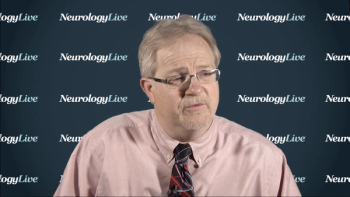
The director of the Center for Spinal Cord Injury Research and co-director of the Spinal Cord Injury Model System Center at Kessler Foundation shared his unique perspective on spinal cord injury as someone who experienced it.

The section chief of pediatric neurology at Nationwide Children’s Hospital discusses the realities parents face when exploring CBD to treat epilepsy.